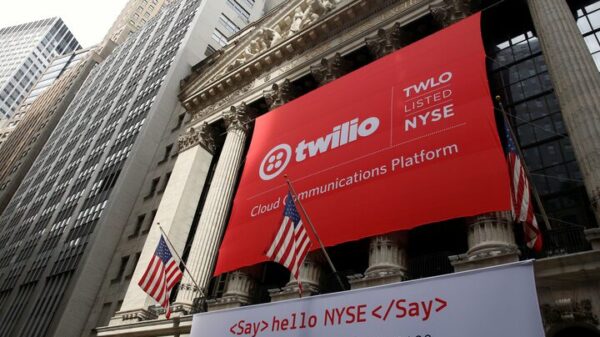In a significant move to combat the proliferation of robocall scams, the Federal Communications Commission (FCC) has officially declared AI-generated voices in automated calling scams as illegal. This landmark ruling represents a pivotal moment in the ongoing battle against deceptive practices plaguing telecommunications networks.
The FCC’s decision builds upon existing regulations established under the Telephone Consumer Protection Act, which prohibits the use of artificial and pre-recorded messages in unsolicited calls. By specifically targeting AI-generated voices, the FCC aims to close potential loopholes and strengthen consumer protections in the digital age.
Moreover, the rise of AI-powered technologies has presented new challenges in identifying and addressing fraudulent activities in telecommunications. With the prevalence of AI-generated voices in robocall scams, there has been a pressing need for regulatory clarity to deter malicious actors and safeguard consumers against deceptive practices.
AI-voiced robocalls have posed significant risks to consumers, often leading to financial scams, identity theft, and misinformation campaigns. In addition to this, the use of advanced voice cloning technologies has made it increasingly difficult for recipients to discern between legitimate and fraudulent calls. This underscores the urgency of regulatory intervention.
Read more: Could AI ‘trading bots’ revolutionize investing?
Read more: Microsoft’s AI resurgence: rumored $500M robotics investment
Strengthening consumer protections
By officially classifying AI-generated voices as artificial and pre-recorded messages, the FCC aims to reinforce consumer protections and deter malicious actors from exploiting advanced technologies for fraudulent purposes. The ruling shows the importance of obtaining consent for automated calls and upholding transparency in telecommunications practices.
Furthermore, in light of the FCC’s ruling, consumers should report instances of AI-powered robocalls to their local attorney general’s office or the FCC’s Consumer Complaint Center. Additionally, regulatory agencies and law enforcement authorities are ready to swiftly act against violators. They will enforce the new directive rigorously. This signals a concerted effort to hold perpetrators accountable.
As technology evolves, regulatory agencies like the FCC must remain vigilant in adapting. Emerging threats require proactive steps to safeguard telecommunications networks. Additionally, the FCC’s declaration serves to protect consumers from evolving forms of digital deception. It aims to restore trust in the digital communications ecosystem.
The FCC’s decision to outlaw AI-voiced robocalls marks a significant milestone in the ongoing fight against fraudulent activities. Besides this, the FCC clarifies regulatory measures and strengthens consumer protections, demonstrating its commitment to a secure telecommunications environment. This ensures transparency and security for all consumers.
zartasha@mugglehead.com














